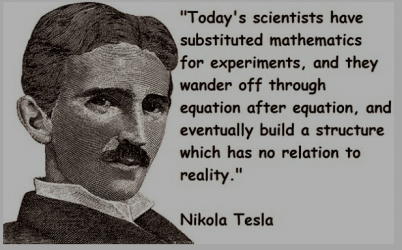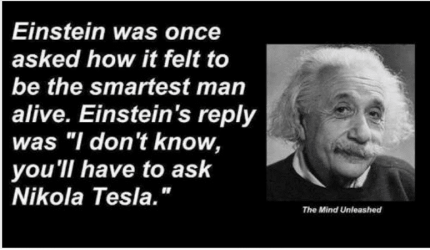PK1
Gold Member
- Jun 26, 2015
- 3,900
- 525
- 140
---The contradiction between science and religion is a mostly communist dogma, for financial gains. Scientists are not supposed to like dogmas.
I don't think "contradiction" is accurate.
Real scientists seek knowledge via evidence, and are agnostic beyond that horizon between known & unknown, although logical theories are fun.
Religion is not interested in evidence, but engages in imaginary ideas to fill the gaps in its knowledge base, then tries to sell its/his authority (dogma) to the masses for political gain.
.



